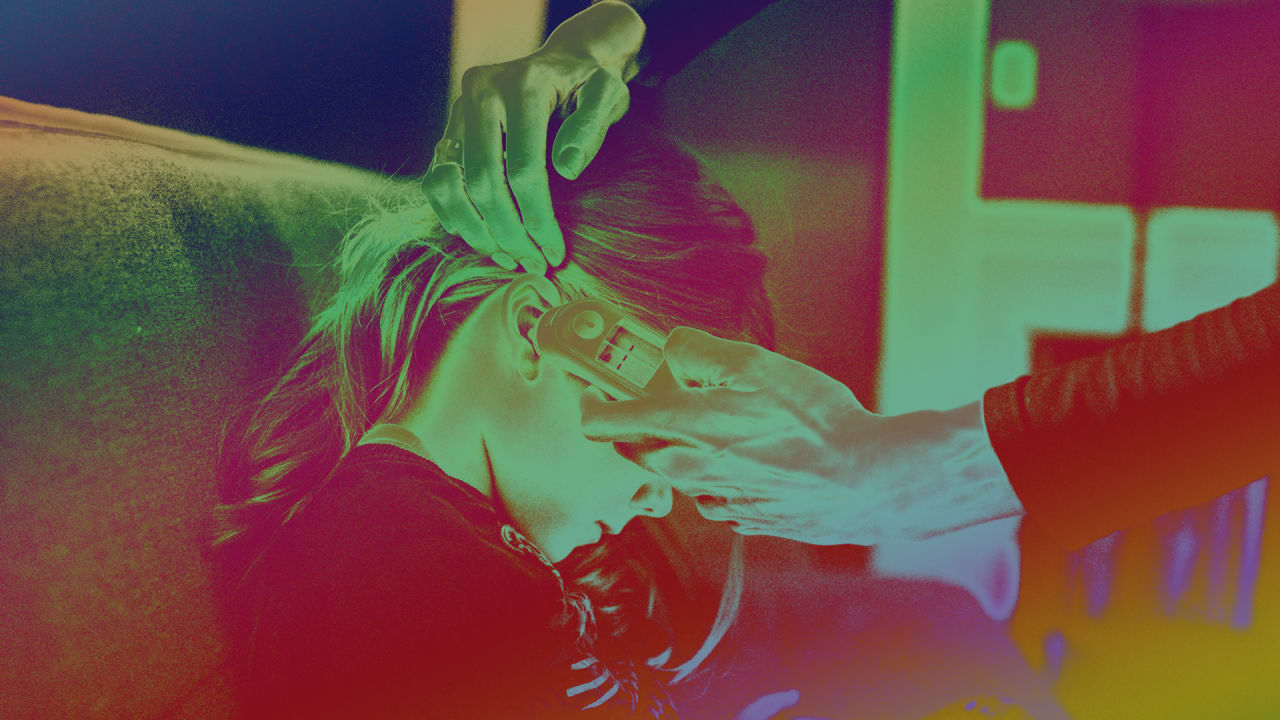The vast majority of Nebraska is composed of rural territory: wide swaths of land occupied by pockets of roughly 2,500 people. Despite the state’s diffuse populous, it, like others, has struggled to contain the spread of COVID-19 over the past year. School officials are especially wary, despite the Centers for Disease Control and Prevention’s recently released guidelines that reduce social distancing for students to 3 feet. Towns in rural Nebraska and several other regions around the U.S. are investing in new measures to keep schools safe from COVID-19 and future viral outbreaks. To finance these initiatives, they’re turning to local government organizations as well as corporate sponsors. A health tech company called Kinsa has sent some 21 school districts and six private schools in Nebraska 13,000 of its smart thermometers to help keep better track of sick students. School principles and nurses get a digital dashboard where they can view students’ anonymized symptom and fever data, broken down by grade. Parents are encouraged to take their children’s temperature before coming into school, where students are also required to wear masks. “Nebraska is very independent,” says Burke Harr, a former state senator who now counsels the Nebraska Cooperative Government, a group that ensures 93 small counties and towns in the state have the funding for roadway repairs and other common local infrastructure. “We were trying to find the least intrusive way to help predict where COVID may or may not be and to stop its spread or to at least alert us of where there was an issue.” In May 2020, Nebraska saw a small spike in cases, a significant portion of which were coming from meatpacking plants. Then in November, the state saw a steep incline, reaching a peak of 3,500 new cases per day. Some of the most high-risk areas were also some of the least populated. Boone County, for example, currently has one of the worst rates of COVID-19 infection in the state and has a population of only 5,200. “It hit rural Nebraska because there were less precautions taken,” says Harr, noting that in some parts of the state you’d be hard-pressed to find someone wearing a mask. “There isn’t the compactness of the cities, but there were spreader events

Read more from the original source:
Could 13,000 smart thermometers keep Nebraska COVID-19-free?